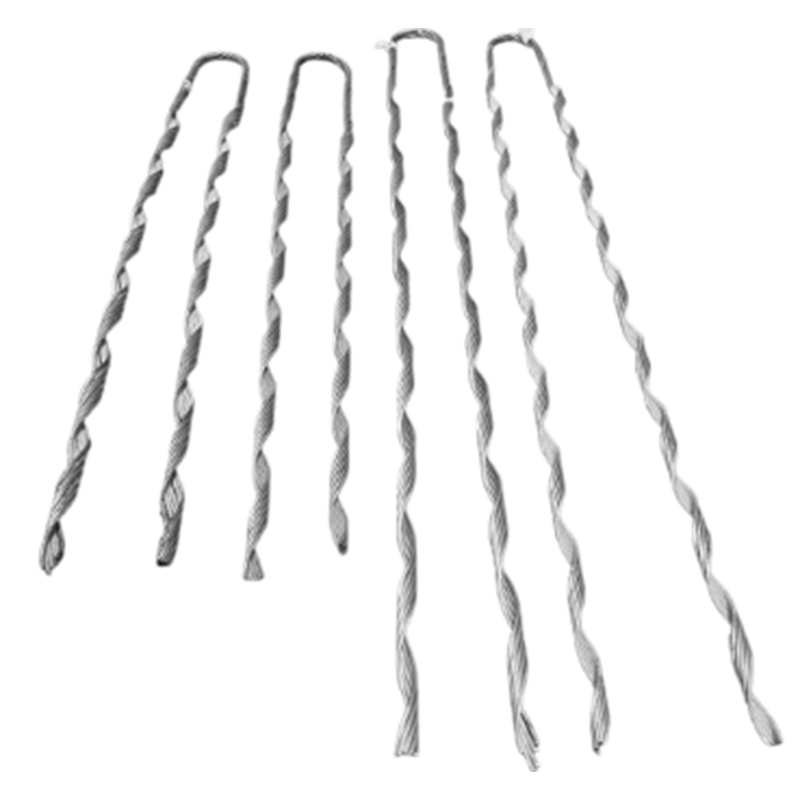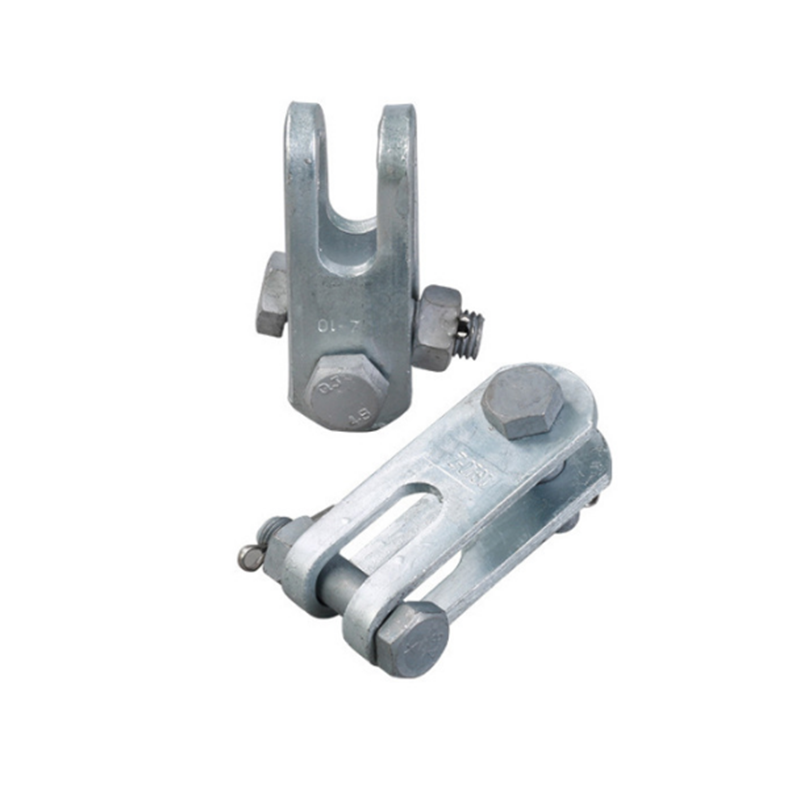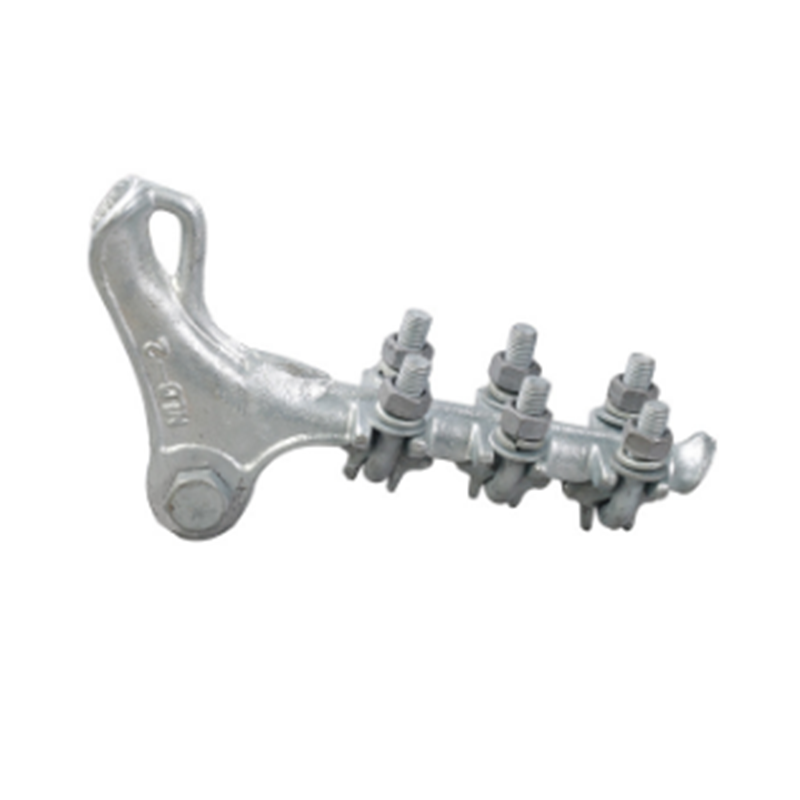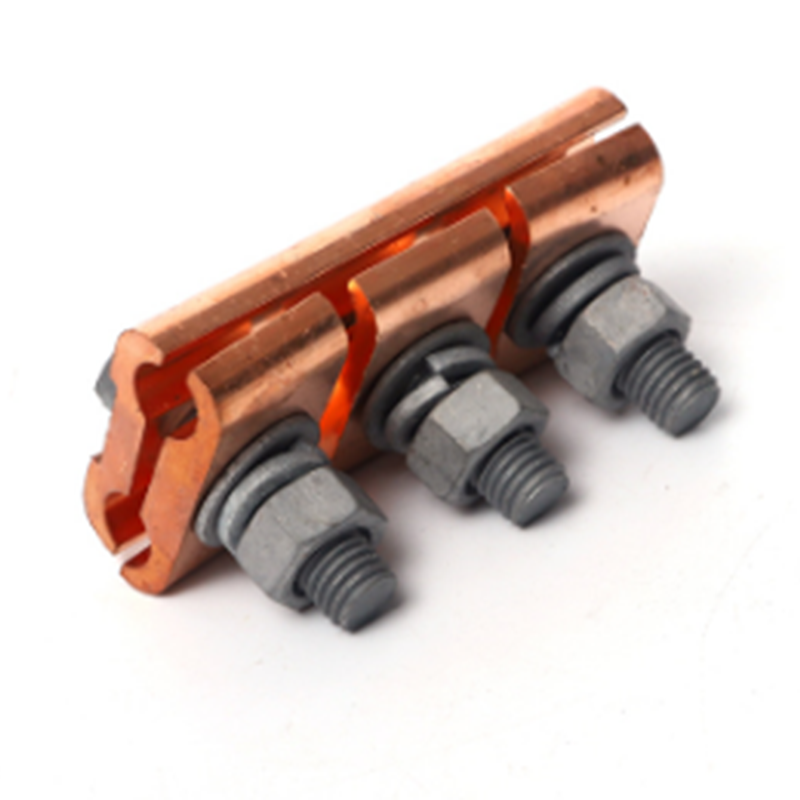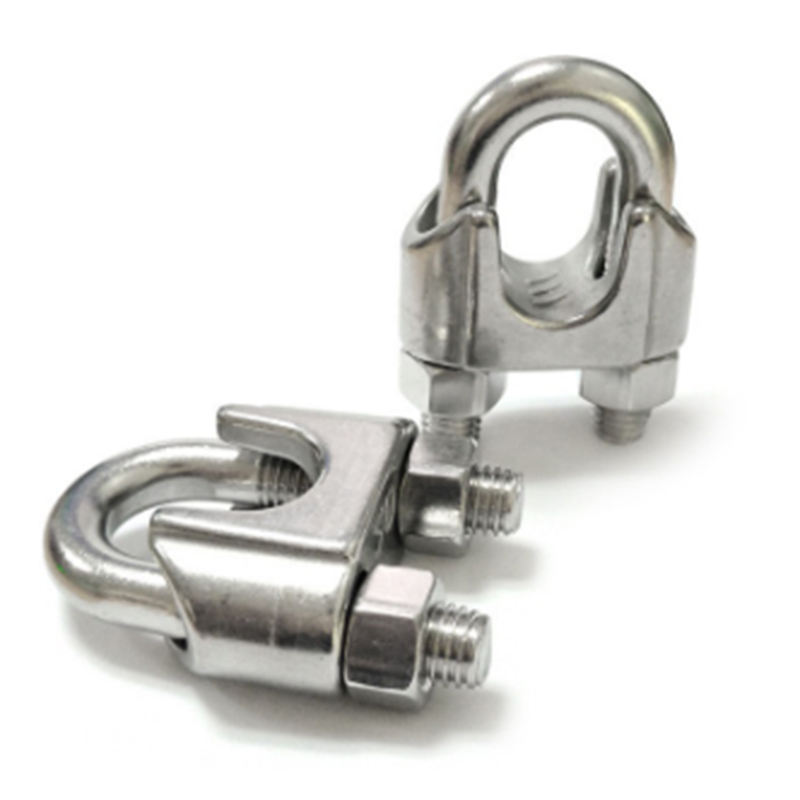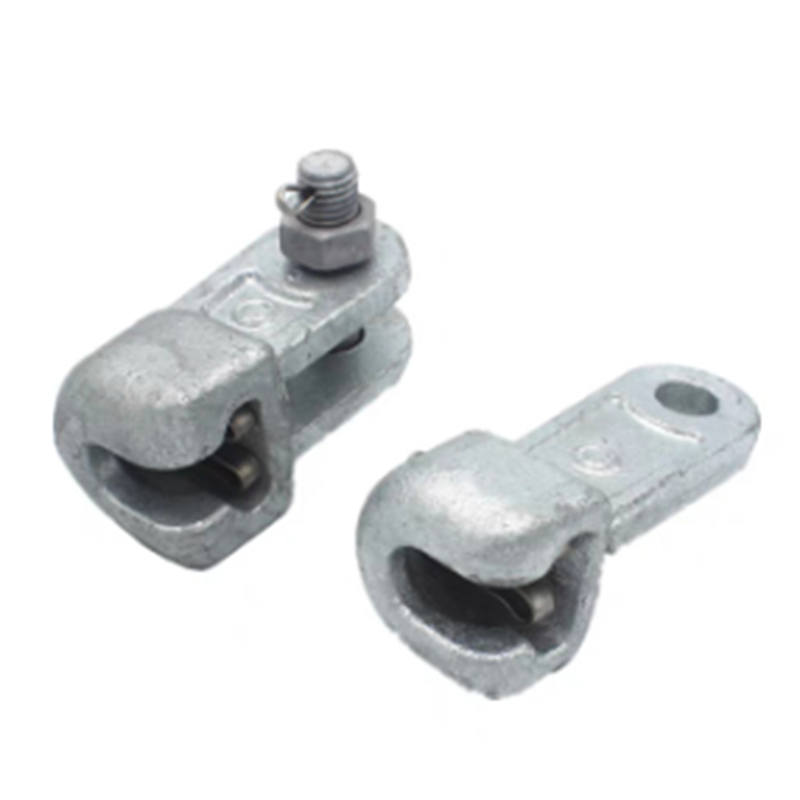- Chinese
- French
- German
- Portuguese
- Spanish
- Russian
- Japanese
- Korean
- Arabic
- Irish
- Greek
- Turkish
- Italian
- Danish
- Romanian
- Indonesian
- Czech
- Afrikaans
- Swedish
- Polish
- Basque
- Catalan
- Esperanto
- Hindi
- Lao
- Albanian
- Amharic
- Armenian
- Azerbaijani
- Belarusian
- Bengali
- Bosnian
- Bulgarian
- Cebuano
- Chichewa
- Corsican
- Croatian
- Dutch
- Estonian
- Filipino
- Finnish
- Frisian
- Galician
- Georgian
- Gujarati
- Haitian
- Hausa
- Hawaiian
- Hebrew
- Hmong
- Hungarian
- Icelandic
- Igbo
- Javanese
- Kannada
- Kazakh
- Khmer
- Kurdish
- Kyrgyz
- Latin
- Latvian
- Lithuanian
- Luxembou..
- Macedonian
- Malagasy
- Malay
- Malayalam
- Maltese
- Maori
- Marathi
- Mongolian
- Burmese
- Nepali
- Norwegian
- Pashto
- Persian
- Punjabi
- Serbian
- Sesotho
- Sinhala
- Slovak
- Slovenian
- Somali
- Samoan
- Scots Gaelic
- Shona
- Sindhi
- Sundanese
- Swahili
- Tajik
- Tamil
- Telugu
- Thai
- Ukrainian
- Urdu
- Uzbek
- Vietnamese
- Welsh
- Xhosa
- Yiddish
- Yoruba
- Zulu
- Kinyarwanda
- Tatar
- Oriya
- Turkmen
- Uyghur

Self-locking bolts
The Importance of Self-locking Bolts in Modern Engineering
In the world of construction and machinery, self-locking bolts play a critical role in ensuring the stability and safety of structures and equipment. Yet, there’s a lot more to these bolts than meets the eye. This article delves into common misconceptions, practical applications, and the nuances of selecting the right type of self-locking bolt for your needs.
Understanding the Basics
When people first encounter self-locking bolts, they often assume they’re just ordinary fasteners. In reality, these components are engineered to resist loosening under vibration and torque, a factor crucial for safety in dynamic systems. This misunderstanding can lead to inappropriate use, causing failures which are otherwise preventable.
From my experience at the Shengfeng Hardware Fastener Factory, I’ve seen numerous cases where the wrong type of bolt led to unexpected downtimes, often at a critical project stage. Being located in the busy industrial zone of Handan City, we frequently get inquiries from clients facing similar issues—especially those working in heavy machinery.
The key is understanding that not all self-locking mechanisms are the same. There are those with a nylon insert, often used in lighter applications, and others with a more robust all-metal design meant for high-temperature environments. Knowing when to use which can make all the difference.
Selecting the Right Self-locking Bolt
Choosing the appropriate bolt is a matter of experience and context. For example, a construction project along coastal regions might face significant challenges due to corrosion. In such cases, stainless steel self-locking bolts would be the priority over traditional materials.
At Shengfeng Hardware Fastener Factory, we always advise consulting with our experts before making a purchase. Our website, https://www.sxwasher.com, offers resources, but nothing replaces real-time advice from someone who understands the local conditions and application specifics.
Interestingly, a customer once asked for a quote on hundreds of nylon-insert bolts for offshore drilling equipment. We advised them otherwise, suggesting a more heat-resistant option. Sometimes, knowing the right question to ask saves not just money, but potentially the entire project.
Applications in Everyday Industry
Self-locking bolts are ubiquitous in automotive and aerospace industries. Their ability to maintain torque under severe mechanical stress makes them indispensable in these sectors. Imagine the catastrophic failure of an aircraft part due to a mere oversight in bolt selection—unthinkable, yet a risk without thorough understanding and care.
Handan Shengfeng Hardware Fastener Factory witnesses diverse applications of these bolts every day. Our site’s proximity to strategic transport routes benefits numerous industries. From manufacturers needing bulk orders to small-scale fabricators requiring bespoke solutions, the usage spectrum is broad.
Still, the best solutions often blend customer insights with our own expertise. Each client provides a unique set of circumstances that can affect the optimal choice of fastener.
Challenges and Lessons Learned
A challenge we frequently encounter is the old “one-size-fits-all” mentality. Clients often neglect to consider environmental factors, mechanical loads, and potential material fatigue. It’s crucial to approach each scenario without assumptions, treating the bolts not as universal solutions, but as tailored components.
I recall a particular misadventure where a project team insisted on using a specific type of bolt based on their previous project insights. It ended up failing due to mismatched materials with the environmental conditions. A costly lesson, to be sure, but one that reinforced the importance of adaptability and ongoing learning.
Longevity in using self-locking bolts doesn’t just mean preventing loosening. It encompasses understanding the broader engineering puzzle—how each component interacts under varied conditions.
Conclusion and Final Thoughts
In closing, self-locking bolts are more than just fasteners; they’re integral to the integrity of structures and machinery. For those in the industry, the knowledge gained through trial, error, and collaboration remains invaluable. Companies like Shengfeng Hardware Fastener Factory are here to bridge knowledge gaps and provide the necessary support in fastener selection and use.
The next time you’re faced with the task of securing your project, remember that a professional touch can turn potential trial and error into assured success. And that, ultimately, is the essence of engineering efficacy.
Соответствующая продукция
Соответствующая продукция




